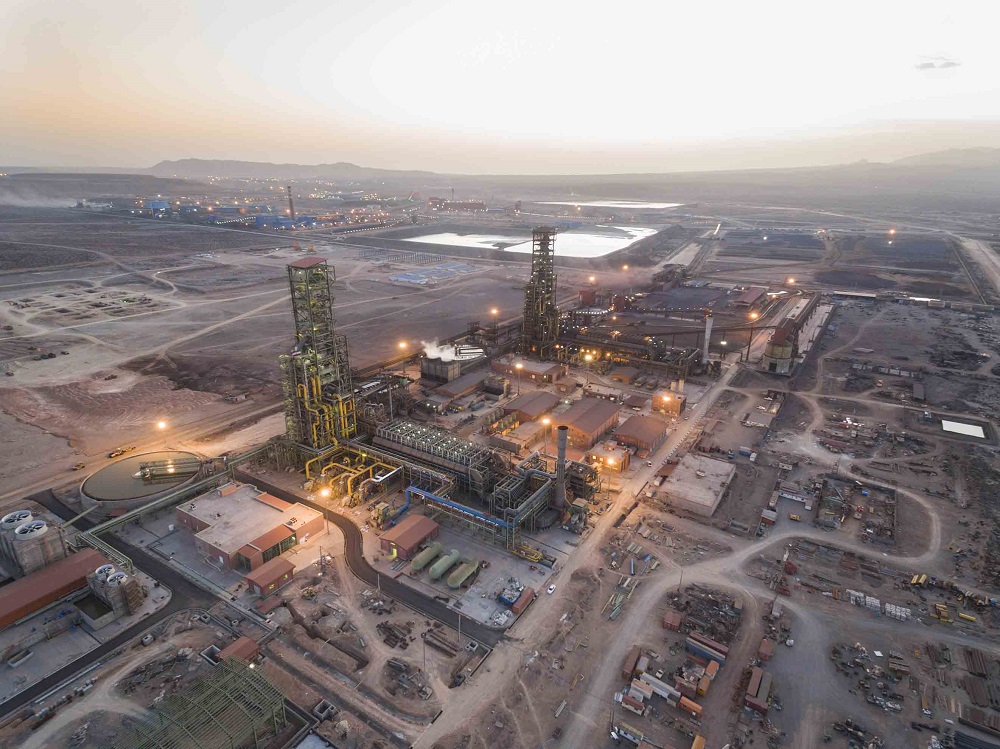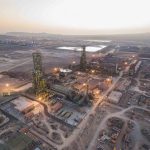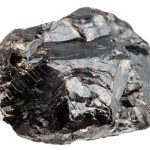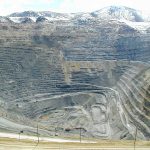
Dr. Amir Hossein Naderi called the supply and development of the country’s rail transportation network one of the necessary conditions to achieve the goals of 1404 Horizon and emphasized its potential role in managing the physical flow and fixed cost of goods, economic growth, and supply of value chain inputs to industries and economic activities.
According to the public relations of the MMDIC, Dr. Amir Hossein Naderi, while recalling the goals of the mining field in 1404 Vision, said: “It is possible to produce 55 million tons of crude steel and rank seven in the world according to the country’s natural resources and scientific potential, but to achieve this goal, there is a need to provide infrastructures such as a proper transportation network. In this regard, in the vision document of 1404Horizon, the development of the country’s rail network is stated at 25,000 kilometers, which means the construction of 13,000 kilometers of rail network.
The CEO of the MMDIC stated that achieving a 52% share of minerals and steel in rail transportation and transporting 202 million tons of minerals through this network are other goals set in this document and added: through supply chain management of industry value chains, transfer in industry growth has a potential role in managing physical flow, fixed cost of goods, economic growth and supply of industry value chain inputs and economic activities in general, so that it can be claimed providing the necessary infrastructure in the field of rail transportation is necessary for the sustainable development of the steel industry.
Referring to the advantages of the railway network in terms of costs, safety, environment, and capacity compared to other transportation networks, Dr. Naderi mentioned the disproportionate rail access of mining areas and industrial areas and export ports as the weaknesses of this network and while emphasizing lower costs of railway infrastructure construction compared to road infrastructure, he stated: Lack of sufficient infrastructure in this filed and the exhaustion of the rail transport fleet has caused us not to be able of taking advantage of global markets not only in the mining sector and mining industries, but also in other areas such as agriculture.
He mentioned the improvement of transportation standards, increasing the capacity of infrastructures, and improving the integrity of the transportation network, as well as the balance and integration between the main and sub-lines as the proposed policy priorities in the challenges of rail transportation and stated: Currently, only 13 percent of the country’s railway lines are used about 50% to 70% and more than 72% of the railway network is used less than 25%.
Emphasizing the readiness of “MMDIC” the group’s companies to participate and invest in this project, the CEO of MMDIC said: “Development of railway infrastructure will result in improving transportation speed, increasing production, and reducing costs, having a stronger presence in international markets, and making a good profit from investing in this sector.




